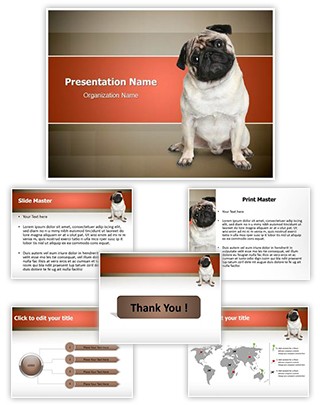
Let us now look into example by taking the help of class " EventFiringWebDriver" - which is a wrapper around an arbitrary WebDriver instance which supports registering of a WebDriverEventListener for logging purposes. We can also when ever there is an exception using 'onException'. When ever we develop test scripts we can write our own implementation for handling events during the execution.įor example, we can count the number of clicks that we have performed in the script by adding logic to count clicks after each click 'afterClickOn'. Selenium webdriver has ability to track different events such as 'beforeNavigateTo', 'afterNavigateTo', 'beforeClickOn', 'afterClickOn', 'onException' and so on. It also plays an important role in analyzing results and helps us in debugging issues if we encounter any. The Pug compiler uses those transformers automatically.Ĭreate the folder and files we need for our samples.Webdriver events are helpful to view the events triggered by webdriver.

However, there is no other manual step required here. To compile markdown directly into your HTML, you need jstransformer-markdown that we’ve already installed during the beginning of the article.
Let’s start with an easy one, let’s start with markdown. Tons of those transformers are available on I’ve chosen three different ones that I want to demonstrate. To get that working, you’ve to use JavaScript Transformers. Filters allow you to inject any content - concerning the HTML specs - into your HTML file. Filters can make this more natural and less error proven. Because no website is entirely built from Markup, you’ve always to care about other languages. Filtersįilters are another great feature of Pug.

It’s also important to realize that as soon as you use either append or prepend the block becomes optional, and you don’t have to specify block styles explicitly. Link(rel='stylesheet', href='/portal.css')


 0 kommentar(er)
0 kommentar(er)
